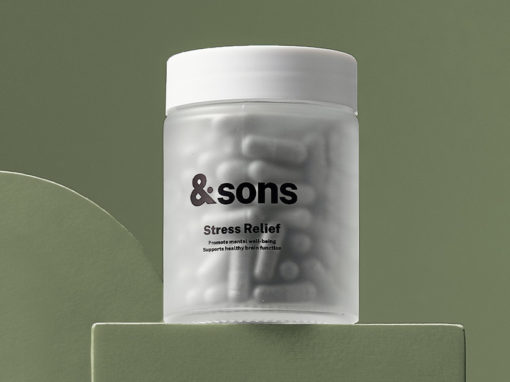Both COVID-19 and Mental Health have been the talk of the year. COVID-19, as we all know, has taken an unprecedented toll on the lives of millions of people across the world. You may be thinking: what is the link between COVID-19 and mental health? This deadly pandemic has not only brought about physical suffering, but also mental health problems. Examples include depression, anxiety and post-traumatic stress disorder (PTSD). According to the findings of various studies, these symptoms have been particularly prevalent and severe over the past few months.
The typical diagnosis and treatment may not be as effective for the same problems this time. Why? COVID-19-related mental health is, at this point, unexplored and unique. This translates to healthcare professionals requiring more time and effort to understand the root causes of an individual’s mental health. Only then will they be able to formulate new and effective strategies targeting mental health correlating to COVID-19.
A group of clinical psychologists specialising in fear and anxiety-related conditions conducted a study to identify the full effects of COVID-19 on mental health. This will, in turn, help to develop effective public health messaging along with evidence-based interventions. Let’s dive deeper into what these experts uncovered, shall we?
Stress Scales of COVID-19 in Mental Health Assessment
The experts conducted a population-based survey with data of approximately 7,000 individuals. The findings were used to develop the COVID-19 Stress Scales. These scales was used to assess the five primary features of COVID-19 related stress, which are:
- Fear of danger and contamination
- Fear of adverse socio-economic implications
- Xenophobia, also known as prejudice against people from other countries
- Symptoms of traumatic stress
- Compulsive checking and reassurance-seeking regarding possible pandemic-related threats
Interestingly, this study found that the symptoms identified for each of these scales tend to occur together. The interrelatedness of the stress scales shows that COVID-19 Stress Syndrome exists. Another study also showed that people with severe COVID-19 Stress Syndrome are more likely to:
- Have anxiety or depression
- Experience distress in times of self-isolation
- Stockpile supplies (aka panic buying)
- Avoid public places and transportation
Central Features of the COVID-19 Stress Syndrome
The experts identified COVID-19 related danger and a fear of contamination as the primary features of this mental health syndrome. The second most central feature of this syndrome was the fear of negative socio-economic implications. As such, every country needs to be transparent in addressing the concerns of citizens, such as social and financial security. Any new regulation can literally “make or break” the psychological state of their people.
The third most central feature was symptoms of traumatic stress. Commonly associated with COVID-19 related danger, a fear of contamination, and compulsive checking and reassurance-seeking. The combination of traumatic stress symptoms and other features suggests that they are part of a vicious cycle of features that work in tandem. This causes individuals to suffer a more severe form of this mental health syndrome.
Xenophobia was less central, however, it affects fears of contamination and socioeconomic implications. To a lesser degree, it also affected compulsive checking and reassurance-seeking. This proves that the discrimination against foreigners has impacted, and will continue to impact the mental health of individuals.
A Statistically Bigger Footprint Equals to Higher Levels of Distress
More disturbingly, the findings of the survey also suggested that the global COVID-19 mental health footprint was larger than its medical footprint. More than 50 per cent reported having experienced extremely high levels of pandemic-related distress. Some COVID-19 related stress behaviours include panic buying, avoidance of being out in public and the adoption of unhealthy habits.
During this time, healthcare workers worked extremely hard to battle against COVID-19. Unfortunately, their exposure to the virus has brought about greater stigmatization of health-care workers. This stigma is one of the associations that elevates COVID-19 stress. Another association that elevates COVID-19 stress are individuals with pre-existing anxiety disorders. This group of people experienced more severe forms of COVID-19 mental distress than individuals suffering from depression.
Mental Health Outlook Post-COVID-19
From these findings, COVID-19 has indeed spawned a complex series of interlaced mental health conditions. Being able to identify COVID-19 mental health syndromes allows experts to develop focused, evidence-based treatment modalities and interventions. Another research theory spoke about the possible evolution of COVID-19 and how it may potentially cause the physical and mental health needs of individuals to change over time. However, there has not been sufficient research to validate this theory.
On a positive note, studies found that extreme levels of COVID-19 related stress propel favourable attitude towards vaccination, disciplined use of personal protective equipment (PPE), and a more altruistic outlook on life. With the latest news on the vaccination for this virus, let’s hope that the COVID-19 mental health toll will significantly reduce. Here’s to better physical and mental health!


